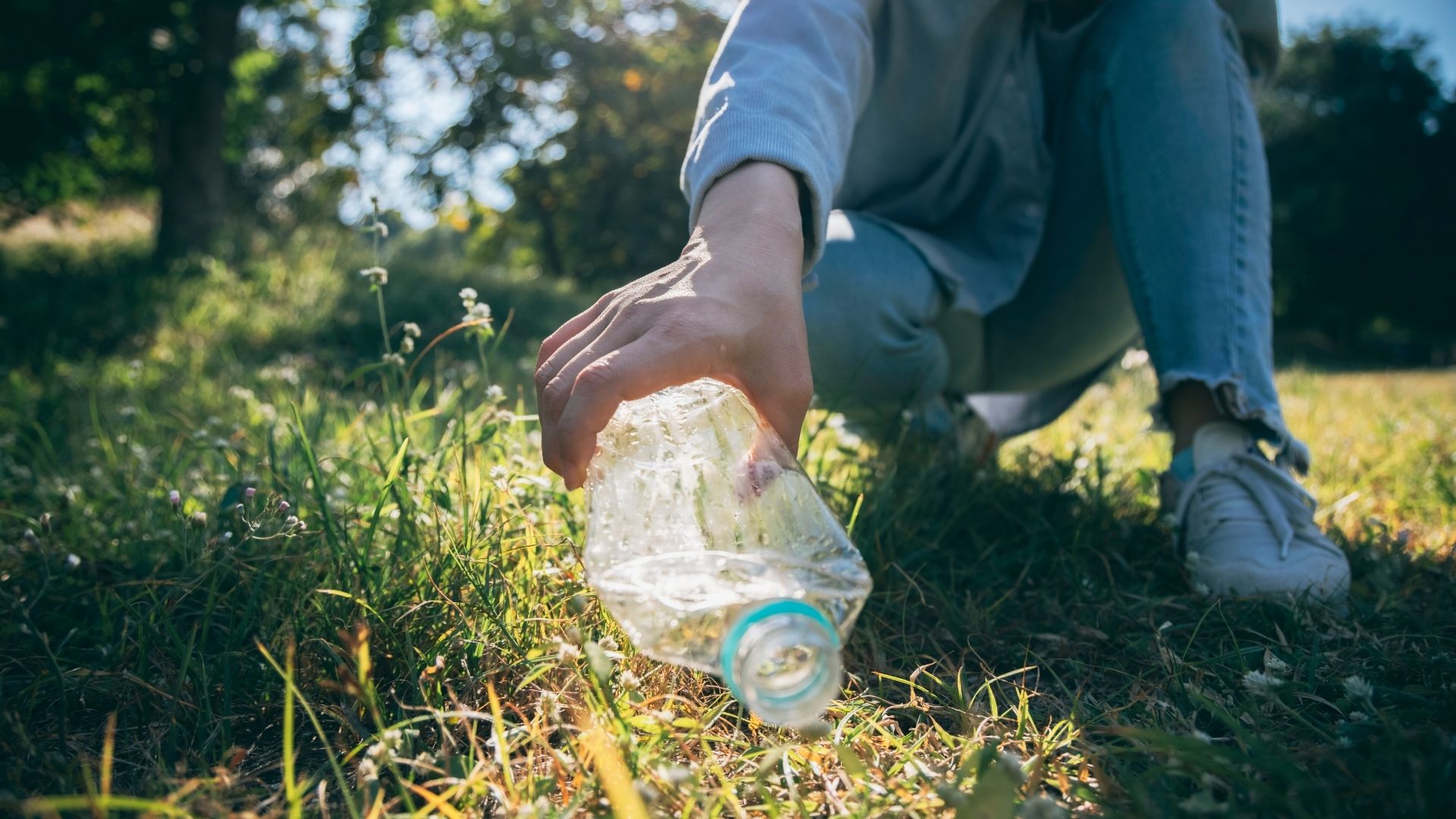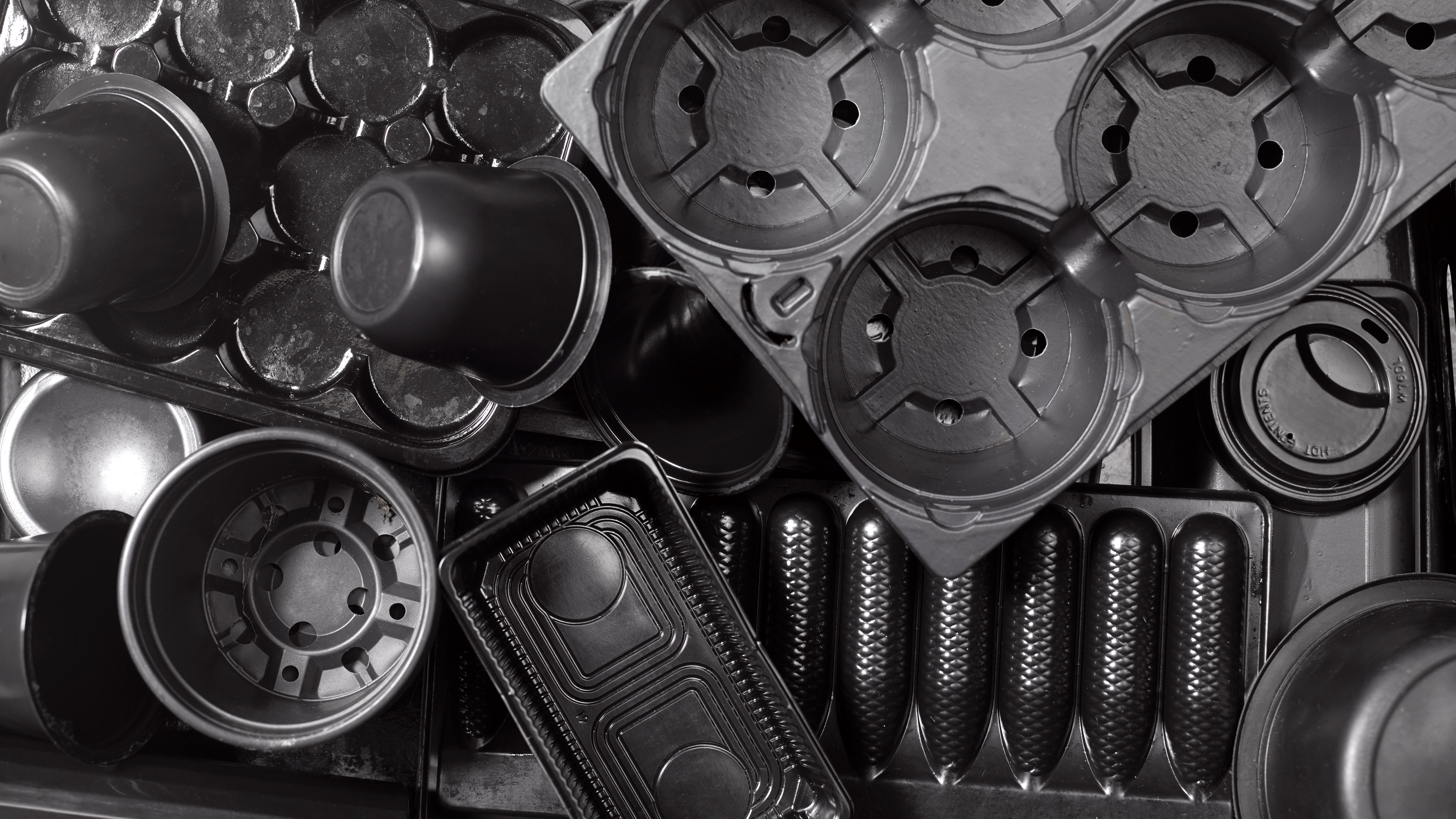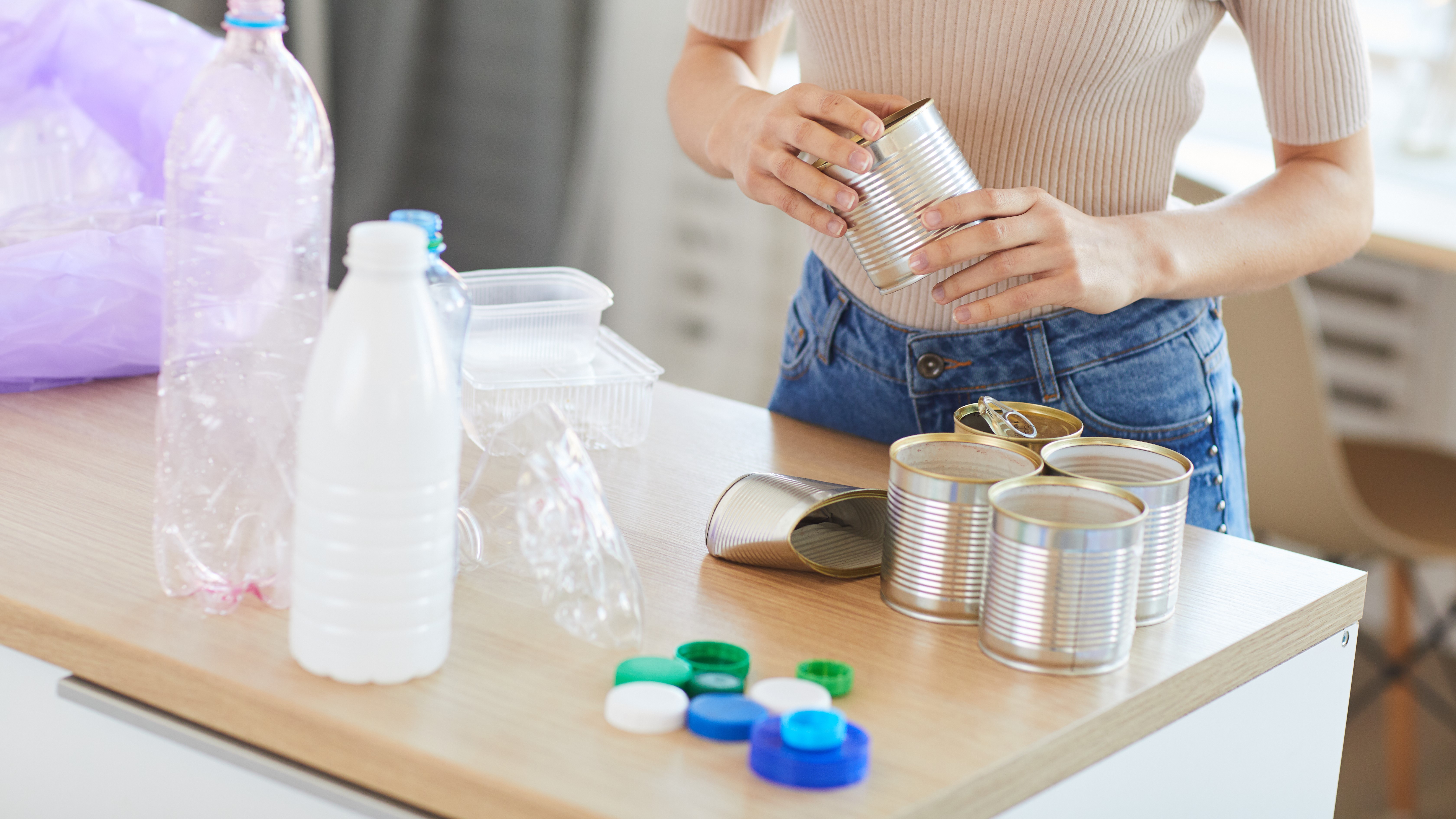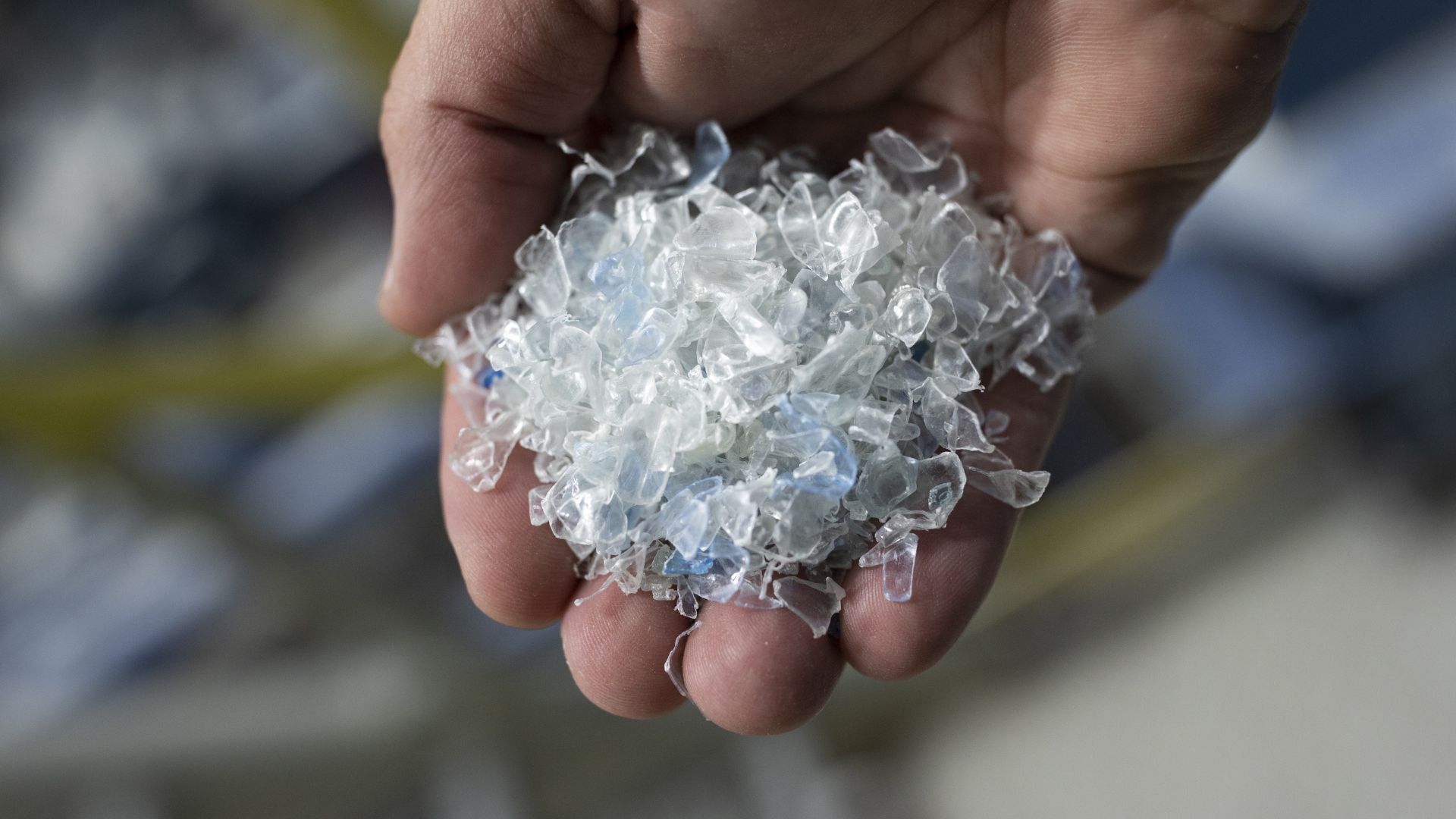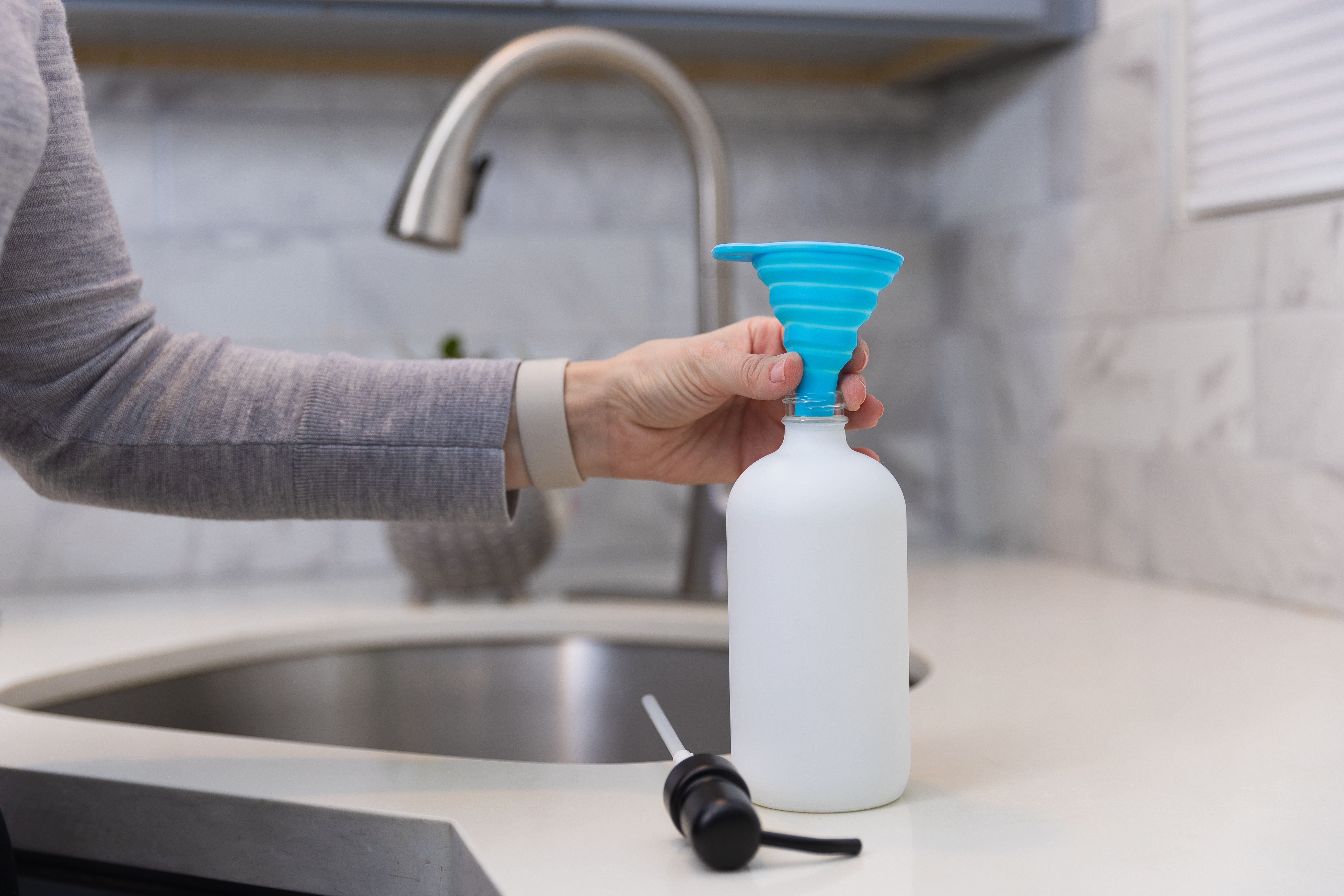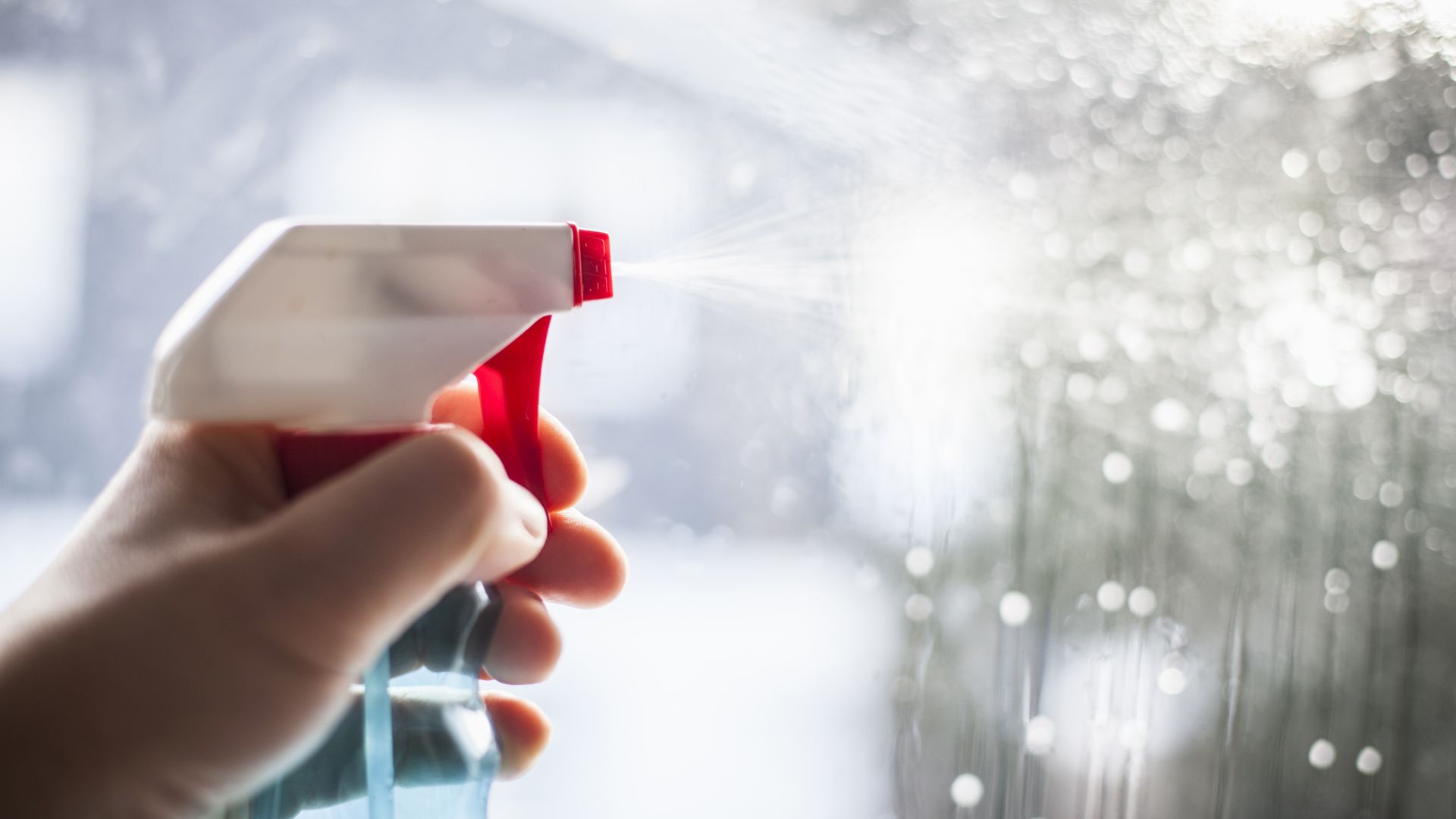When it comes to reducing plastic pollution, Every Action Matters.
Plastic pollution is everywhere. It is not only filling up our landfills, but it’s spilling into our environment. And we are running out of time to turn around the damaging effects it is having on our lands and great oceans.
The challenges to stopping plastic pollution can seem daunting - but overcoming them is possible. It’s going to take all of us – businesses, governments and individuals – working together to solve this complex problem. It starts with understanding the tangible things that make a meaningful difference. And then, most importantly, taking action to make those changes happen.
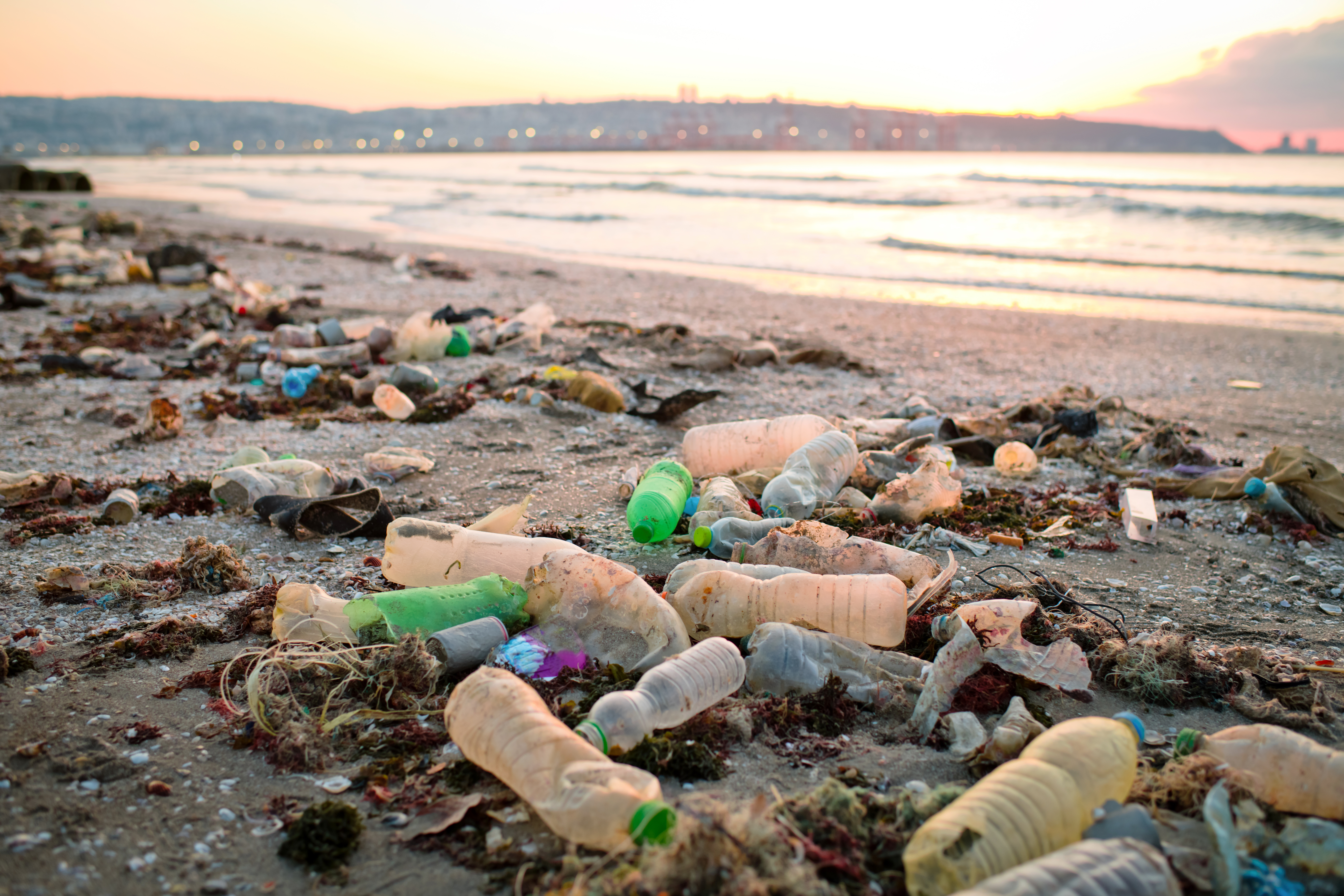
The Plastic Paradox
Plastic has become a versatile and invaluable resource, but millions of pounds of it flow into the ocean each year harming its overall health. Concepts like climate optimism and initiatives like the Blue Paradox exhibit have pivotal roles to play by encouraging collective action and drive meaningful change to safeguard our ocean for future generations.
Taking Positive Action
Below are some key strategies and actions to reduce plastic consumption, reduce plastic waste and making products more capturable for recycling.
Designing products and packaging so that it gets into the recycle stream rather than the waste stream
Hard-to-recycle materials, such as black plastic and packaging labels, can cause bin contamination, interfere with the recycling process and make it difficult to efficiently recover and reuse materials.
Black Plastic
Removing black plastic, which often contains carbon black additives that hinders the sorting processes, helps recyclers more accurately identify and separate plastic for recycling.
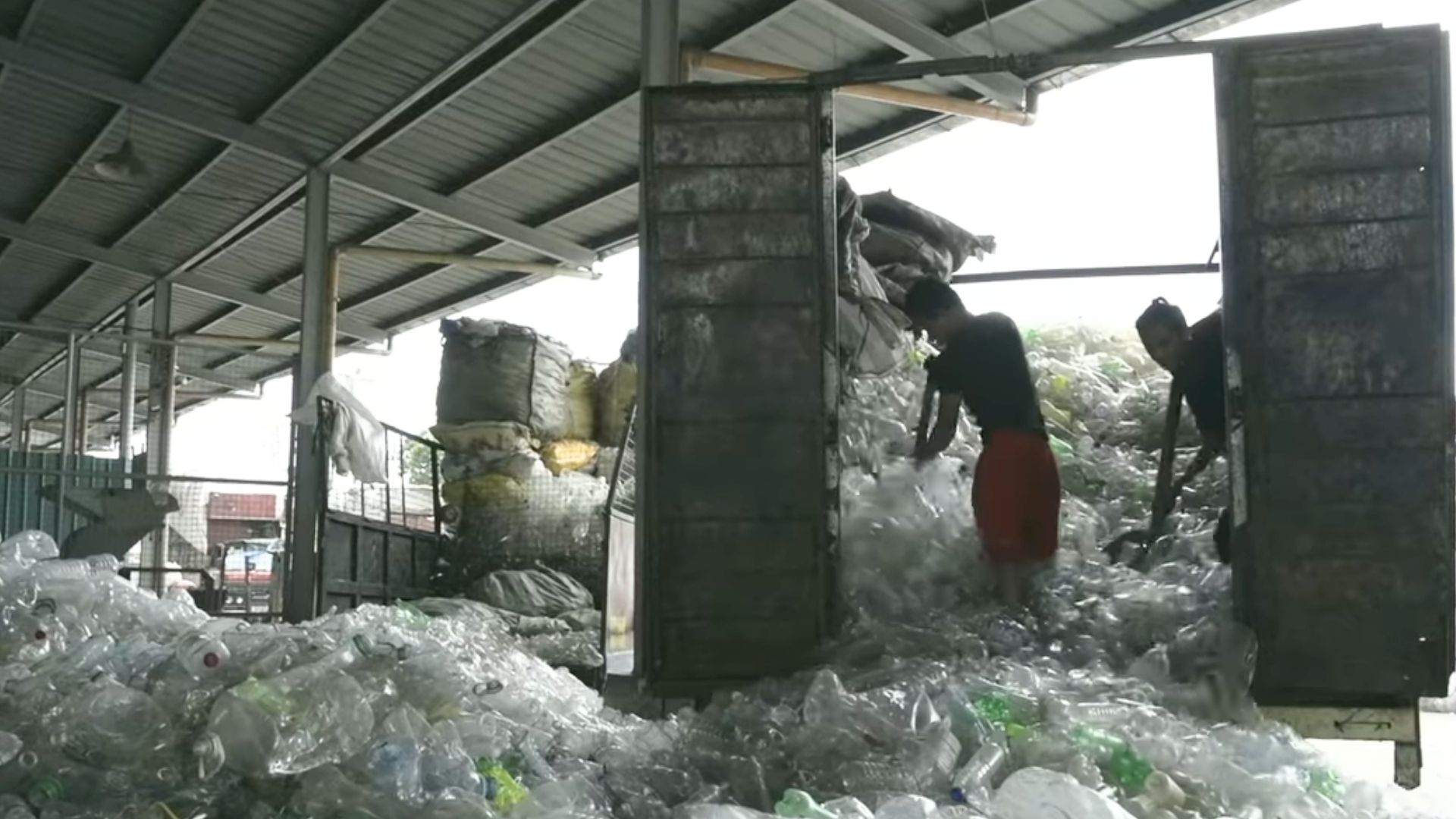
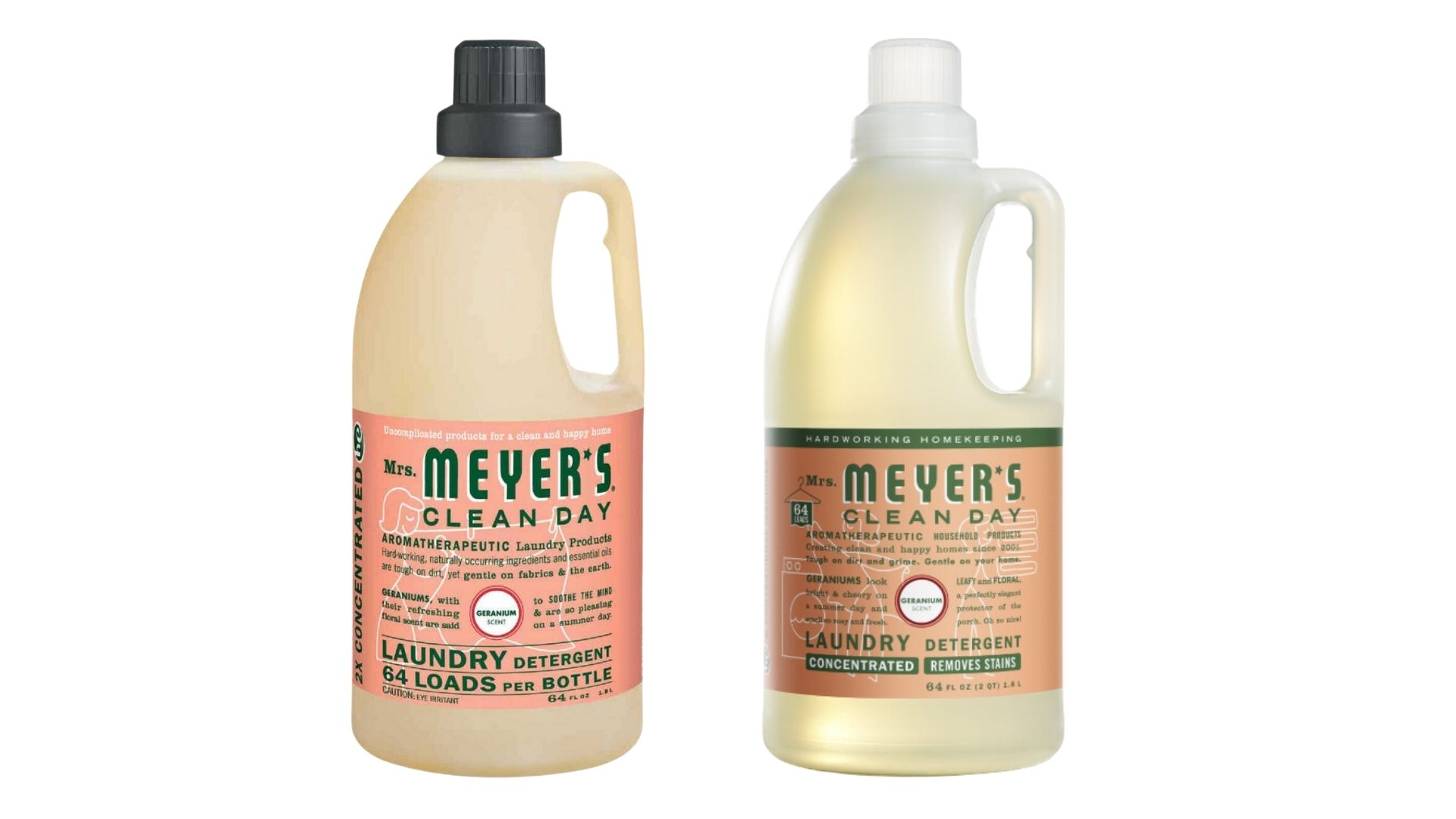
Labels and Sleeves
Printing labels directly on bottles and using perforated sleeve labels helps facilitate the recycling process by reducing the risk of adhesive and incompatible material contamination.
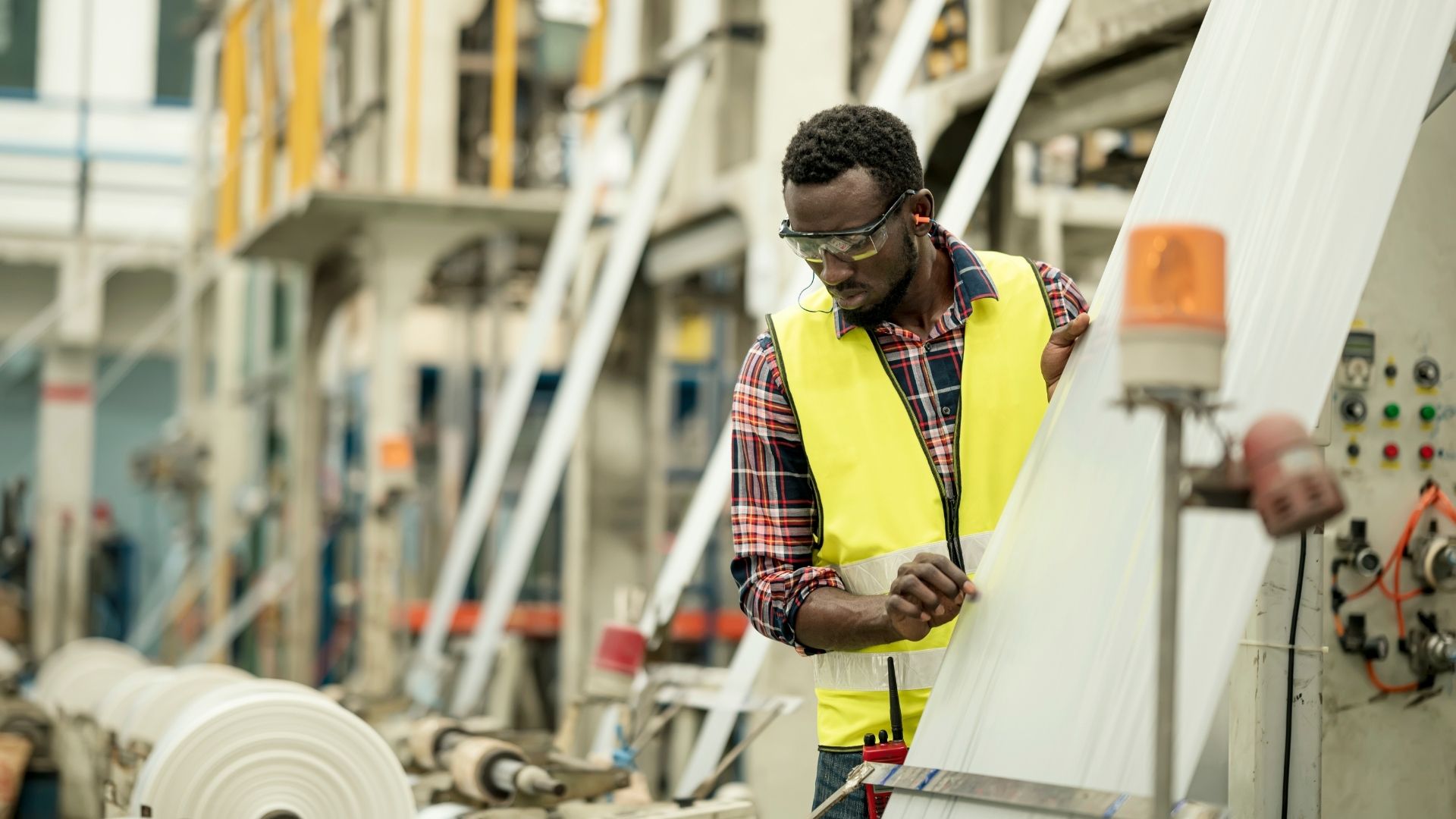
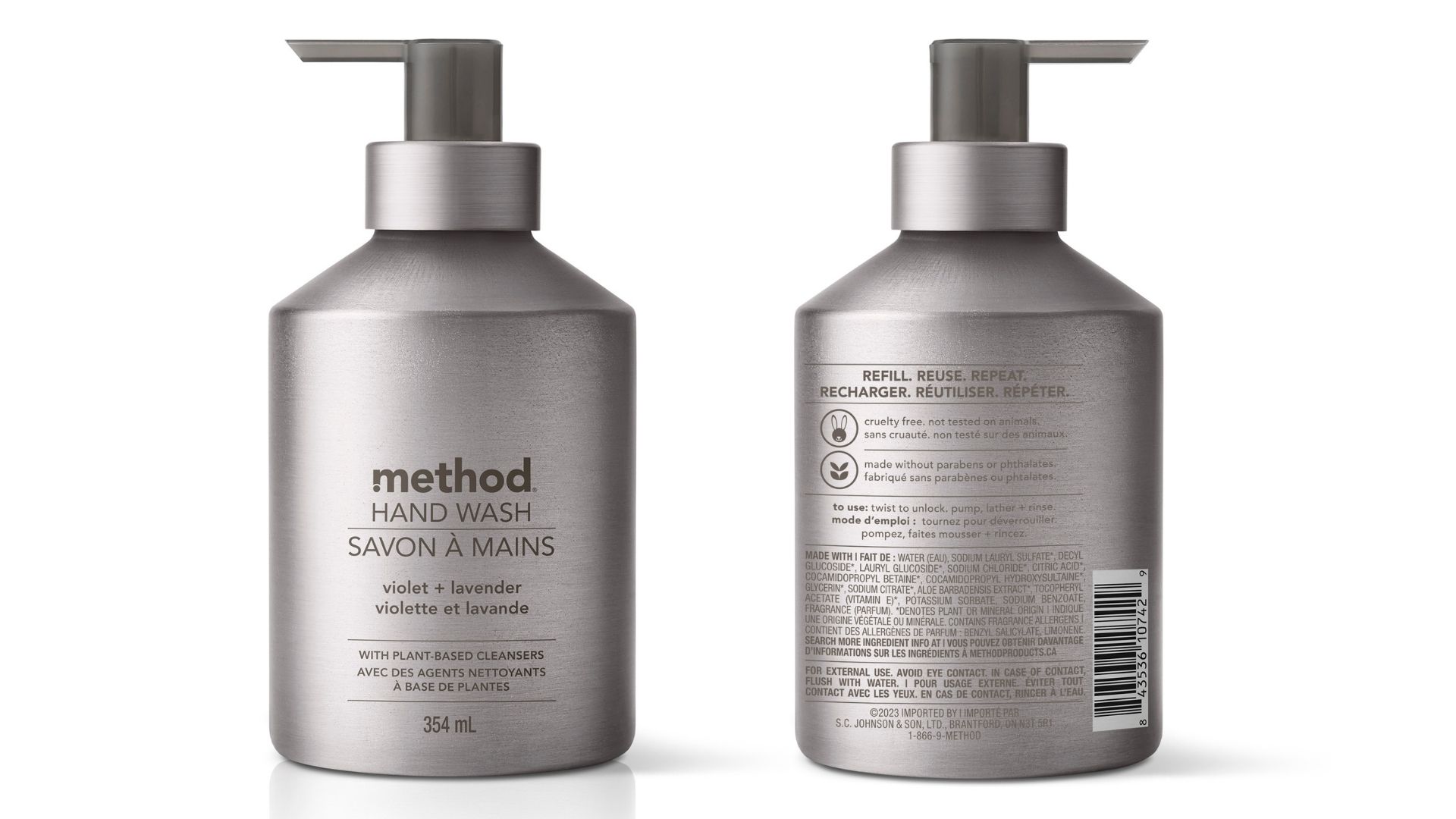
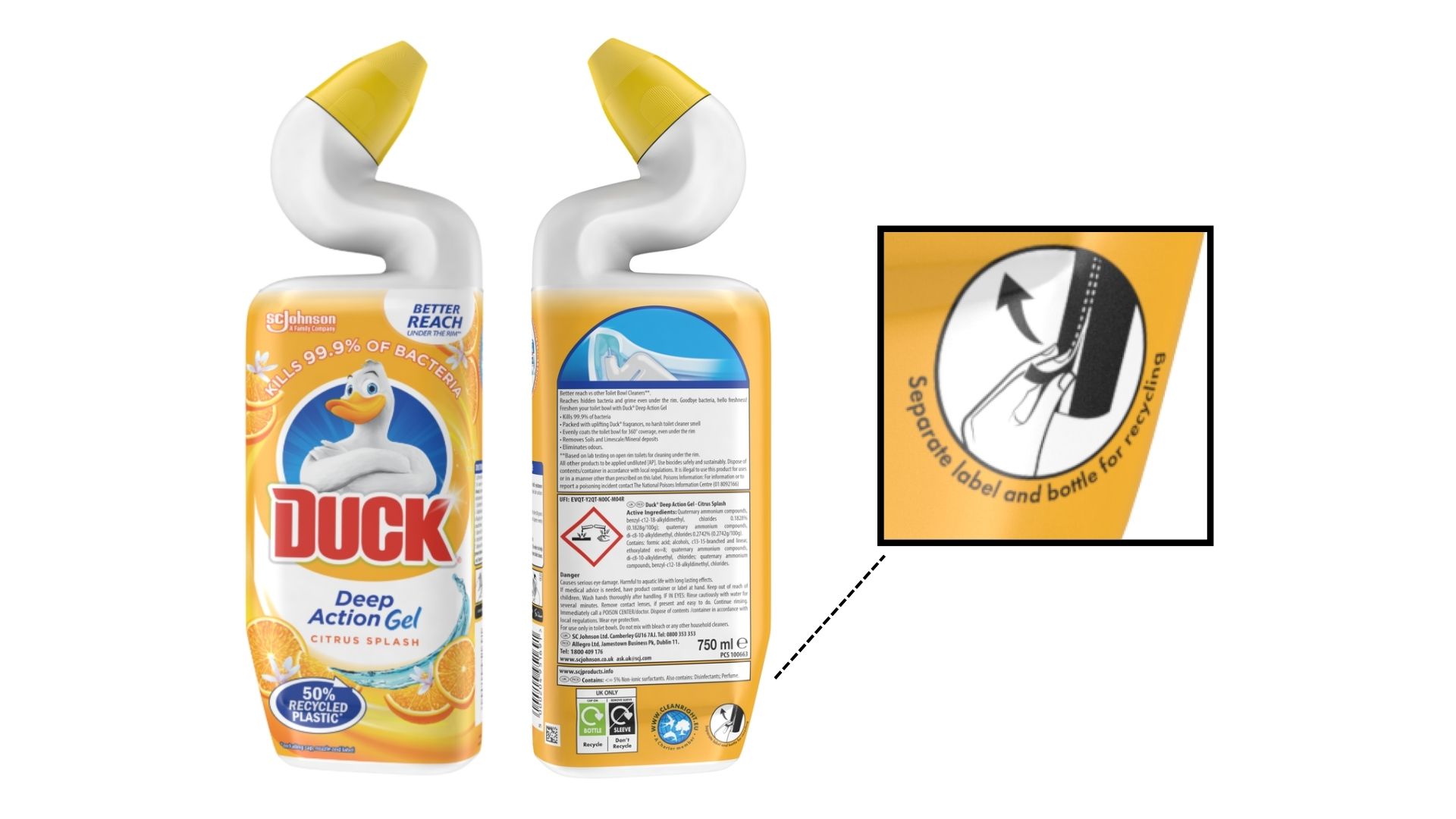
Bringing plastic that has already served its original purpose back into the circularity loop
Incorporating Post-Consumer Recycled (PCR) material into new products uses fewer virgin resources, such as raw materials and energy, are required for manufacturing and helps diverts waste from landfills.
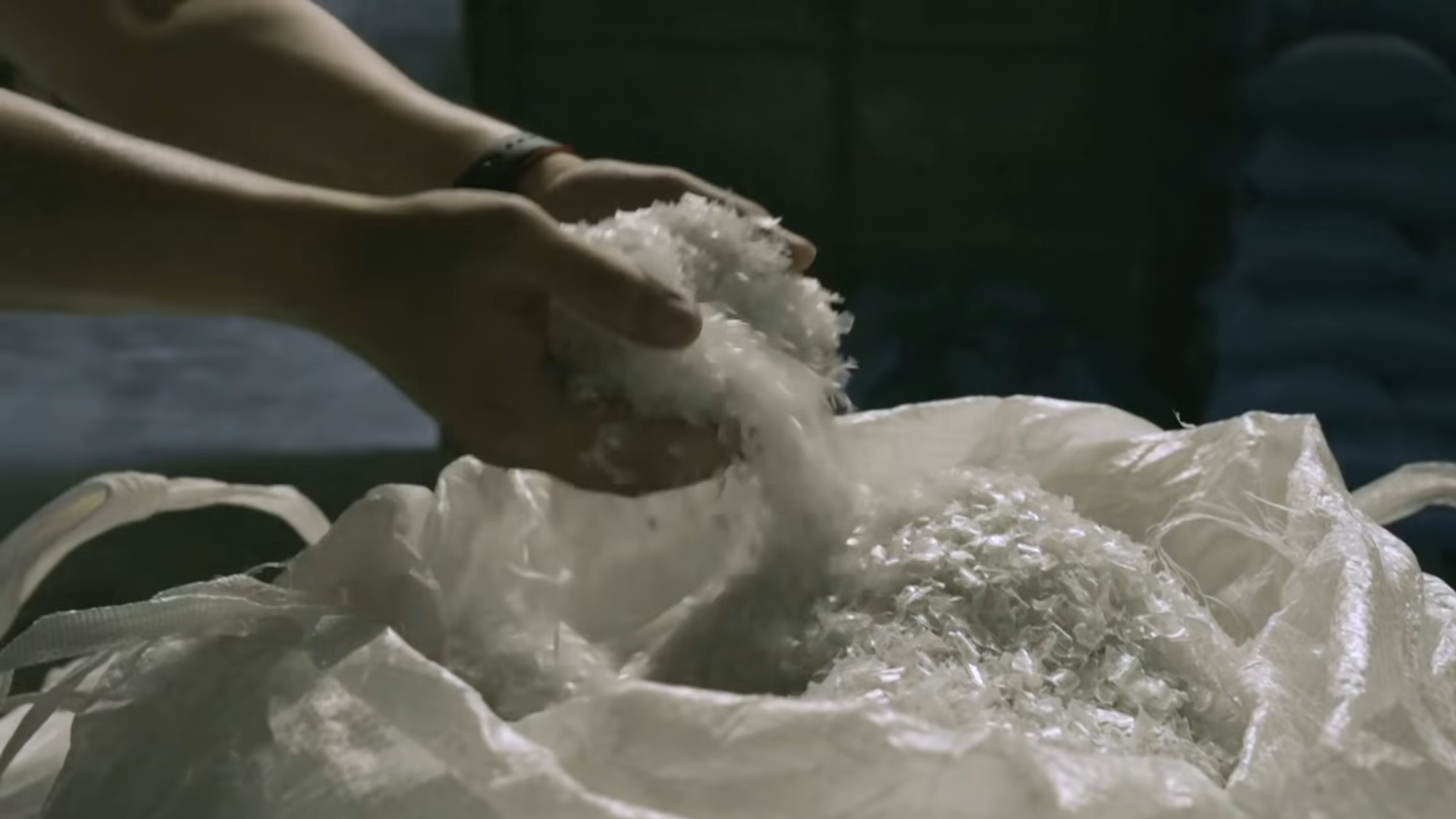
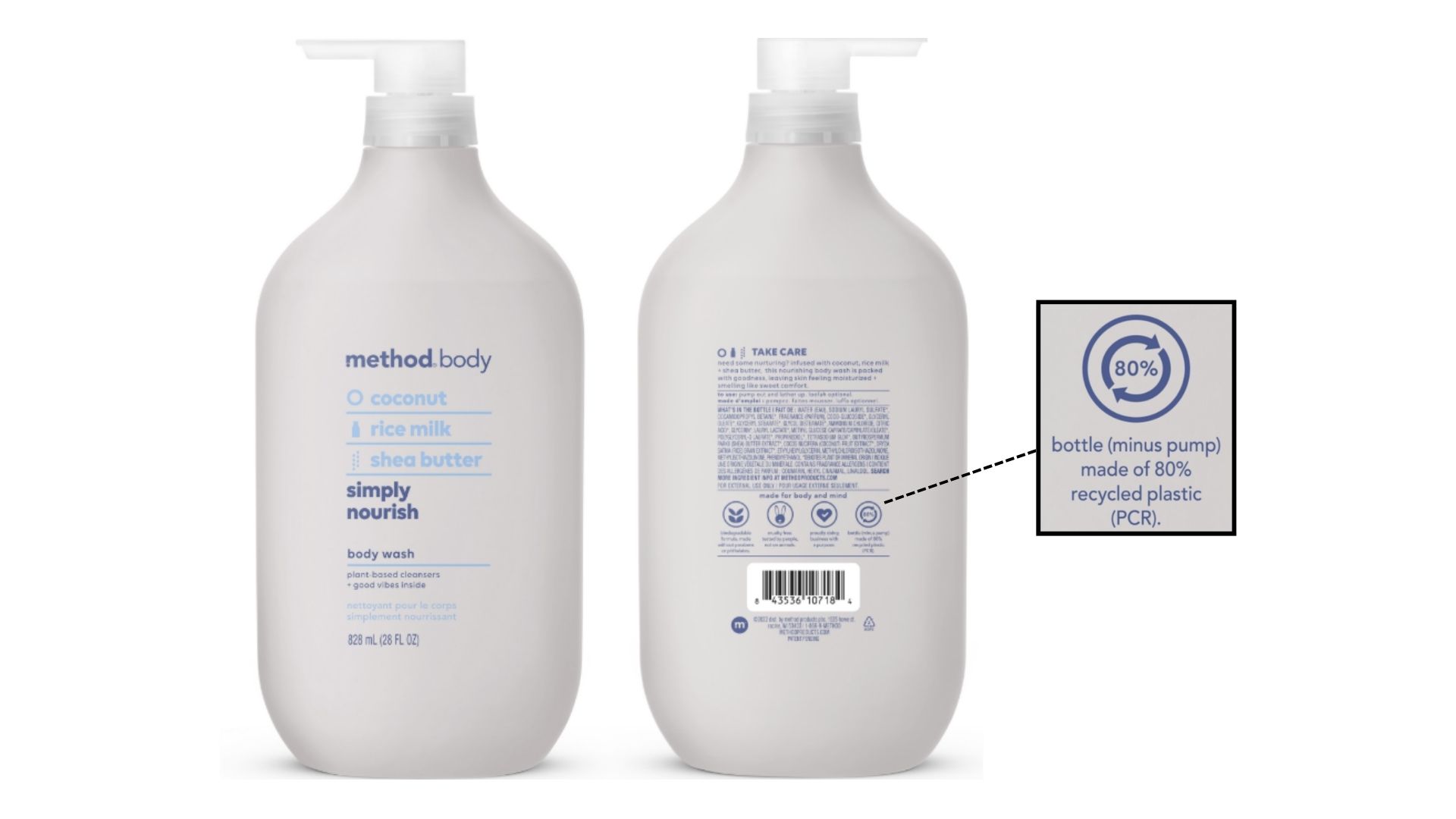
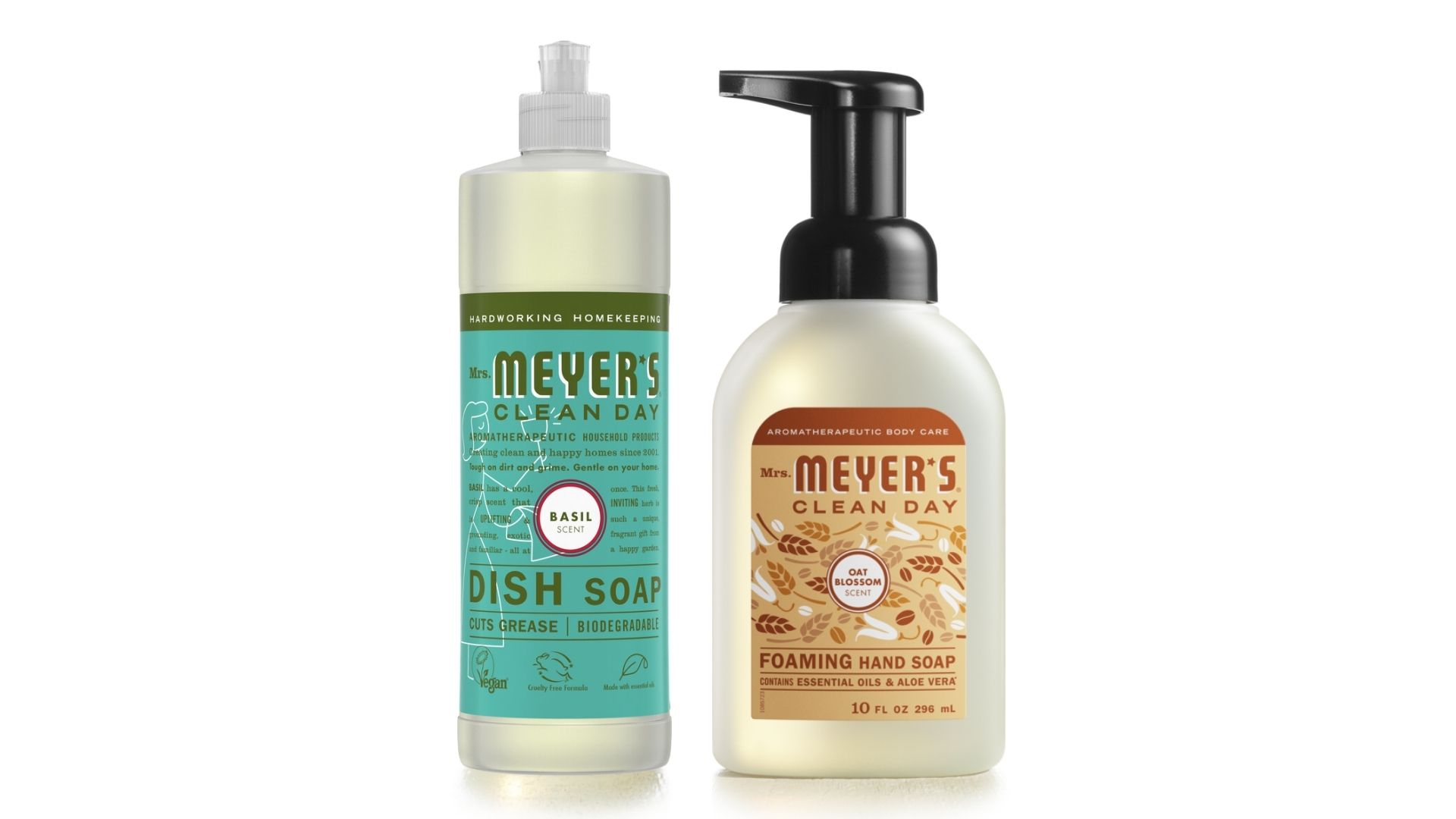
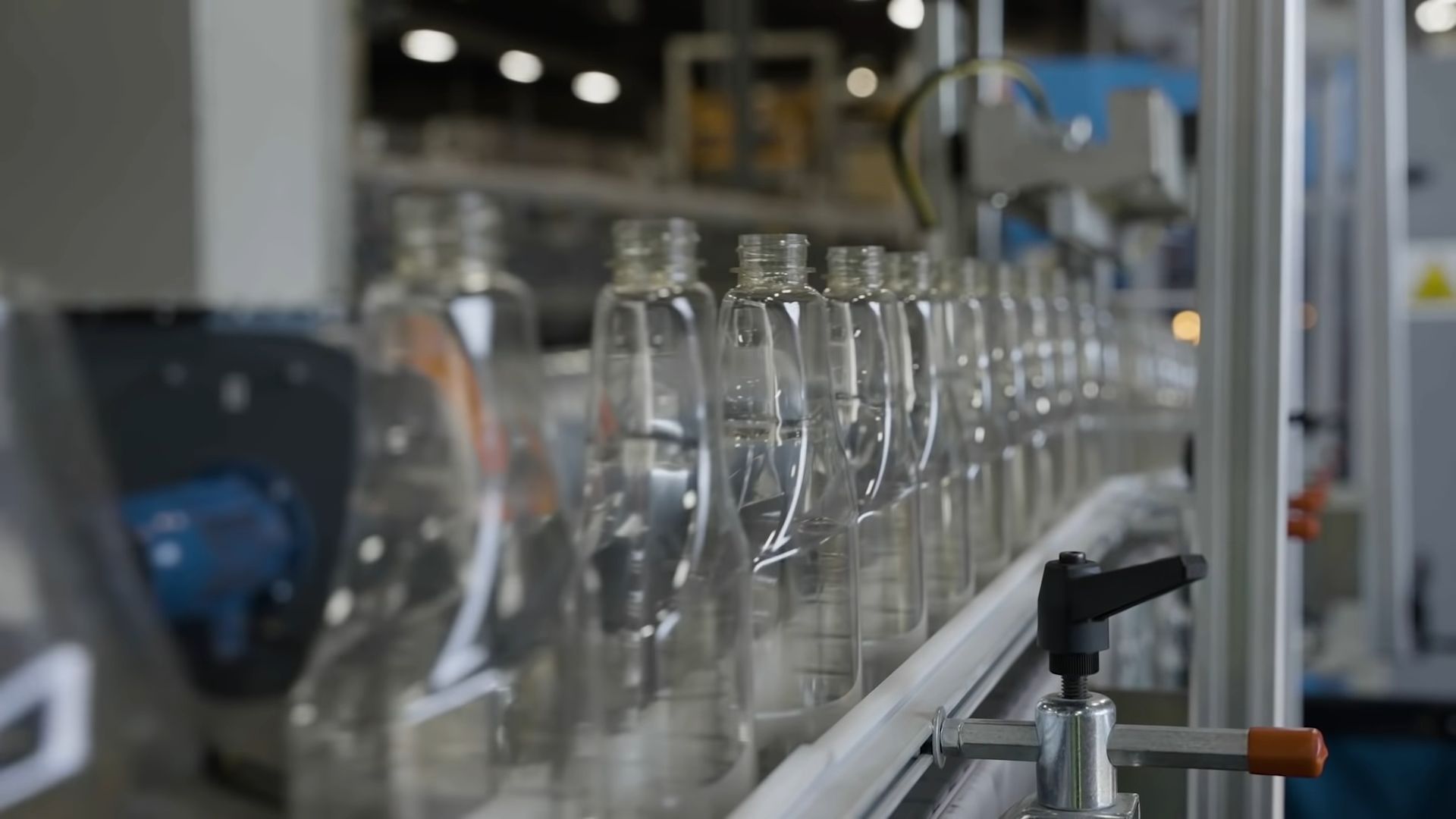
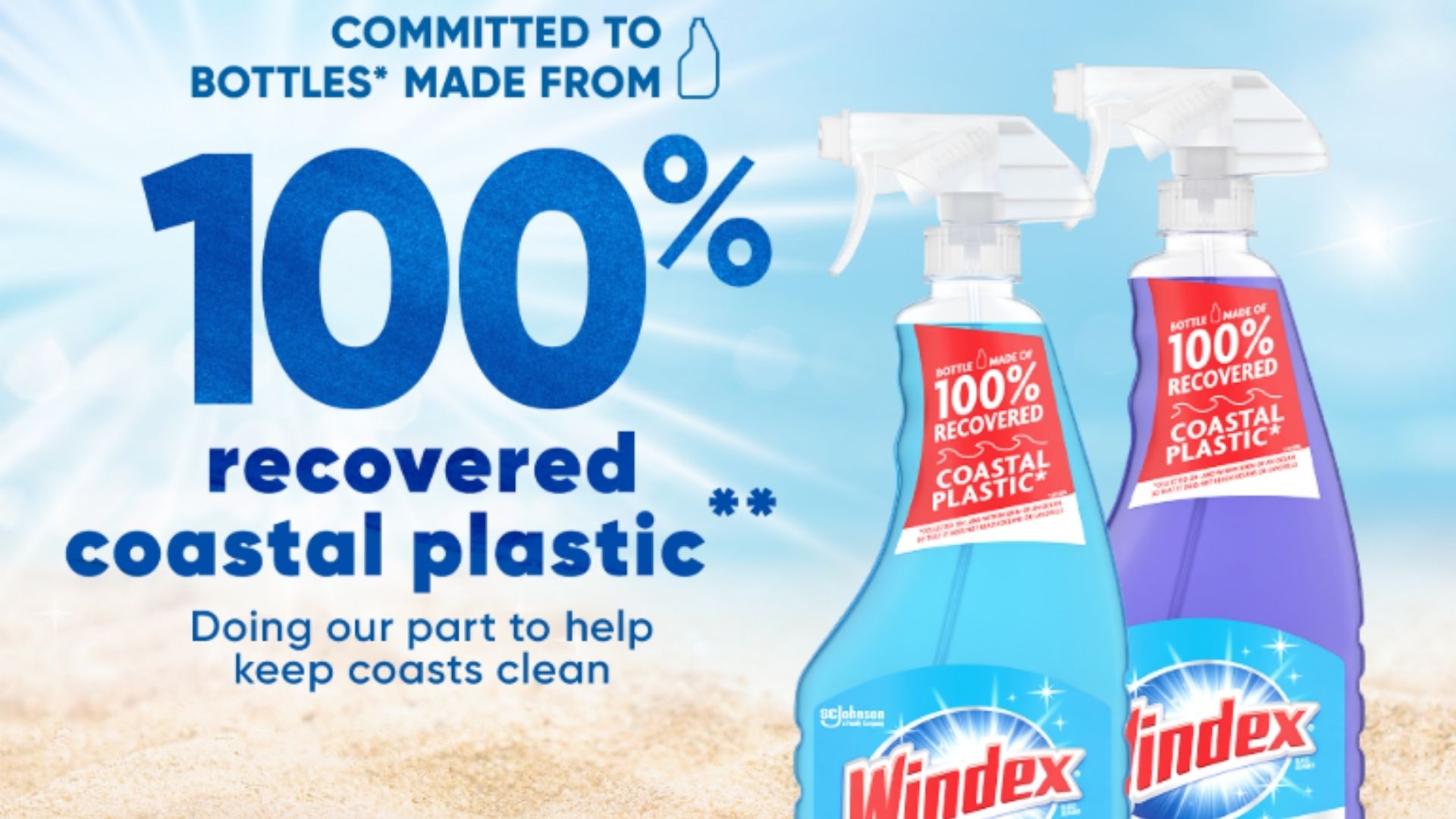
Breaking the single use plastic culture: It’s only single use if you use it once
Adoption of more sustainable alternatives, such as reusable and refillable items, reduces the amount of plastic items that often ending up in landfills or as litter.
Dissolvable Pods and Refills
Dissolvable pods and refills eliminate the need for single-use plastic containers, reducing the overall demand for packaging material and the amount of plastic that ends up in landfills or the environment.
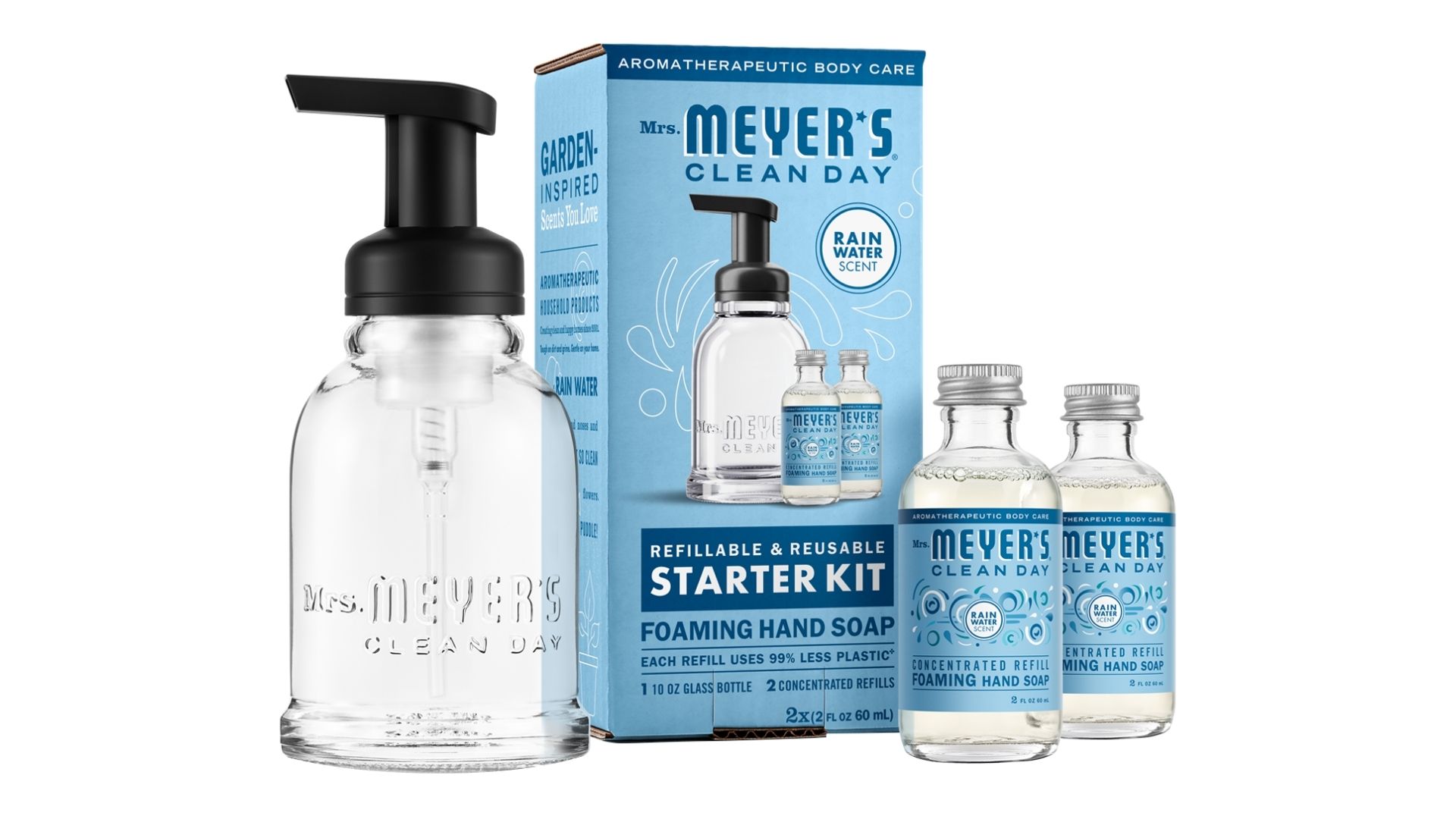
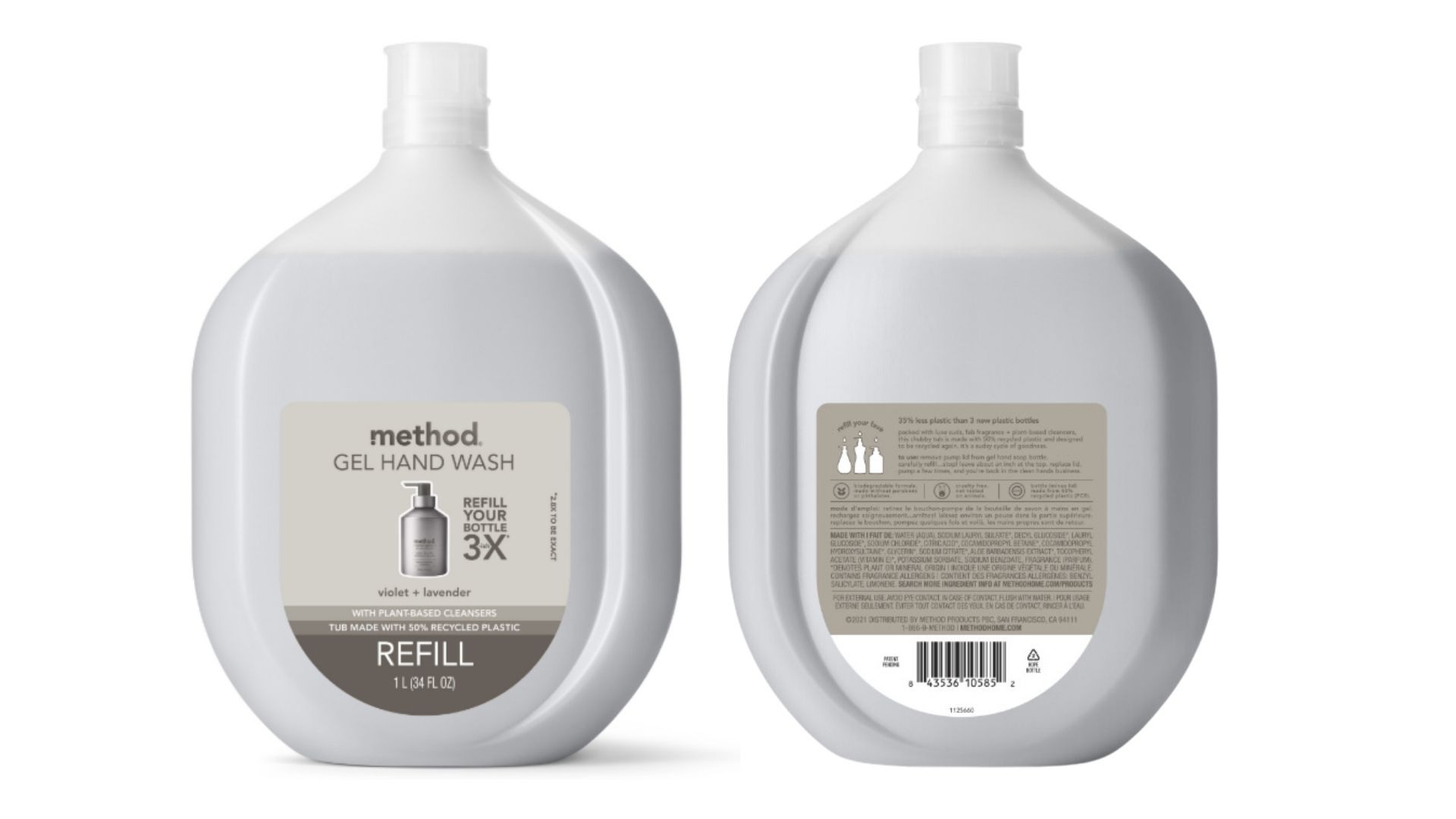
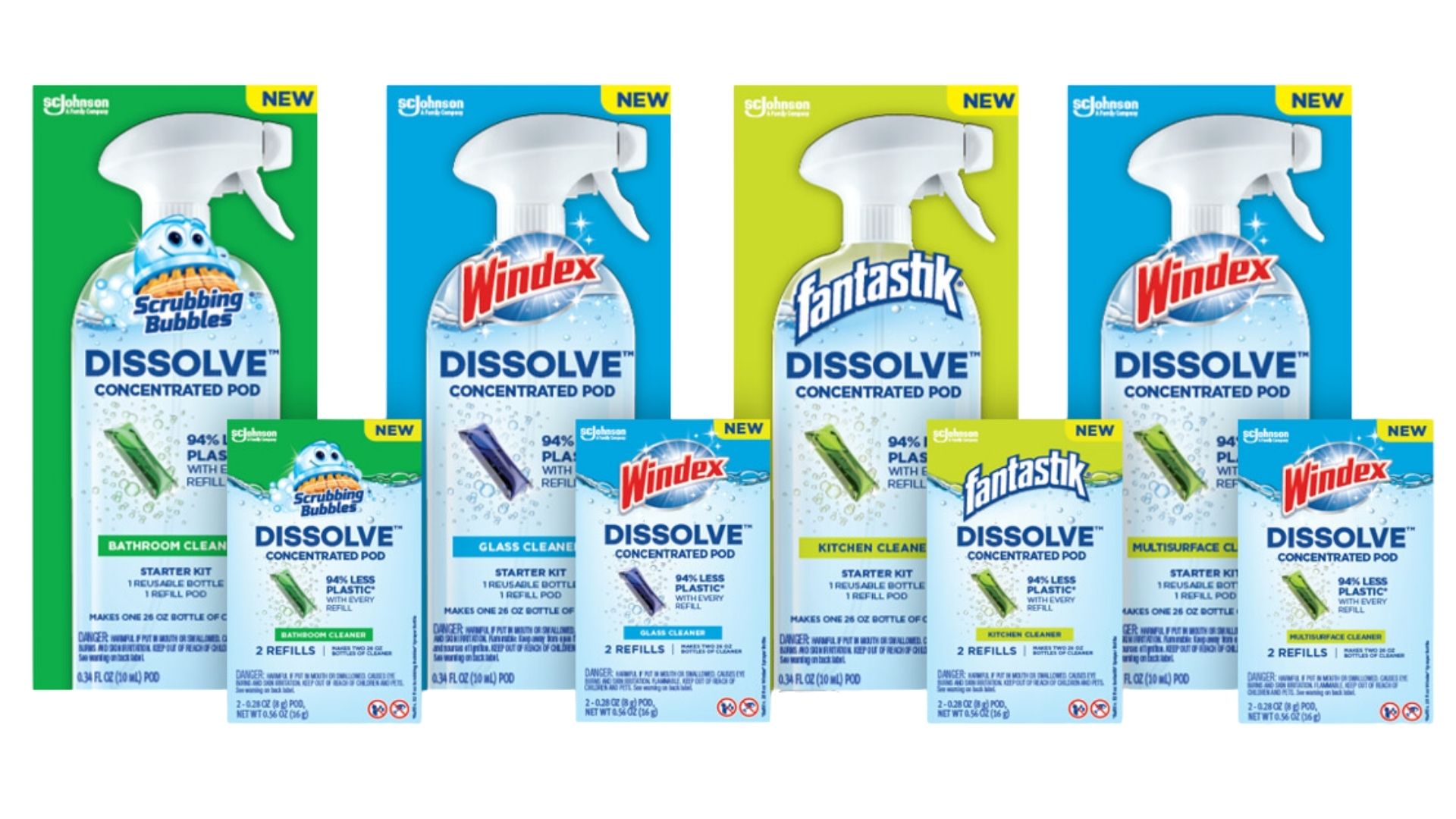
Reusable Containers and Spray Bottles
Reusable containers and spray triggers can be used multiple times, reducing the volume of resources needed for new single-use options and the overall amount of packaging waste that would otherwise end up in landfills or require recycling.
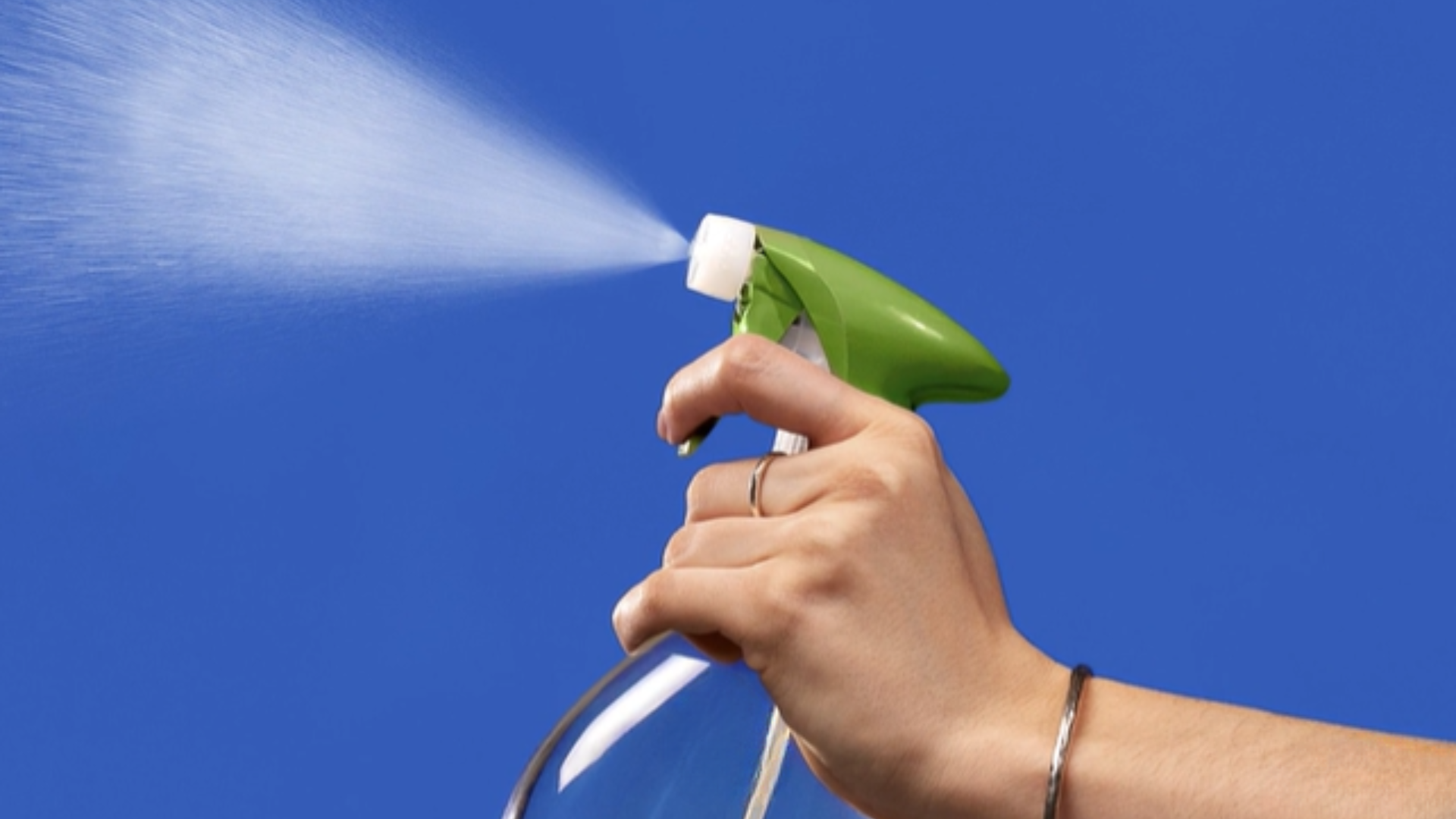
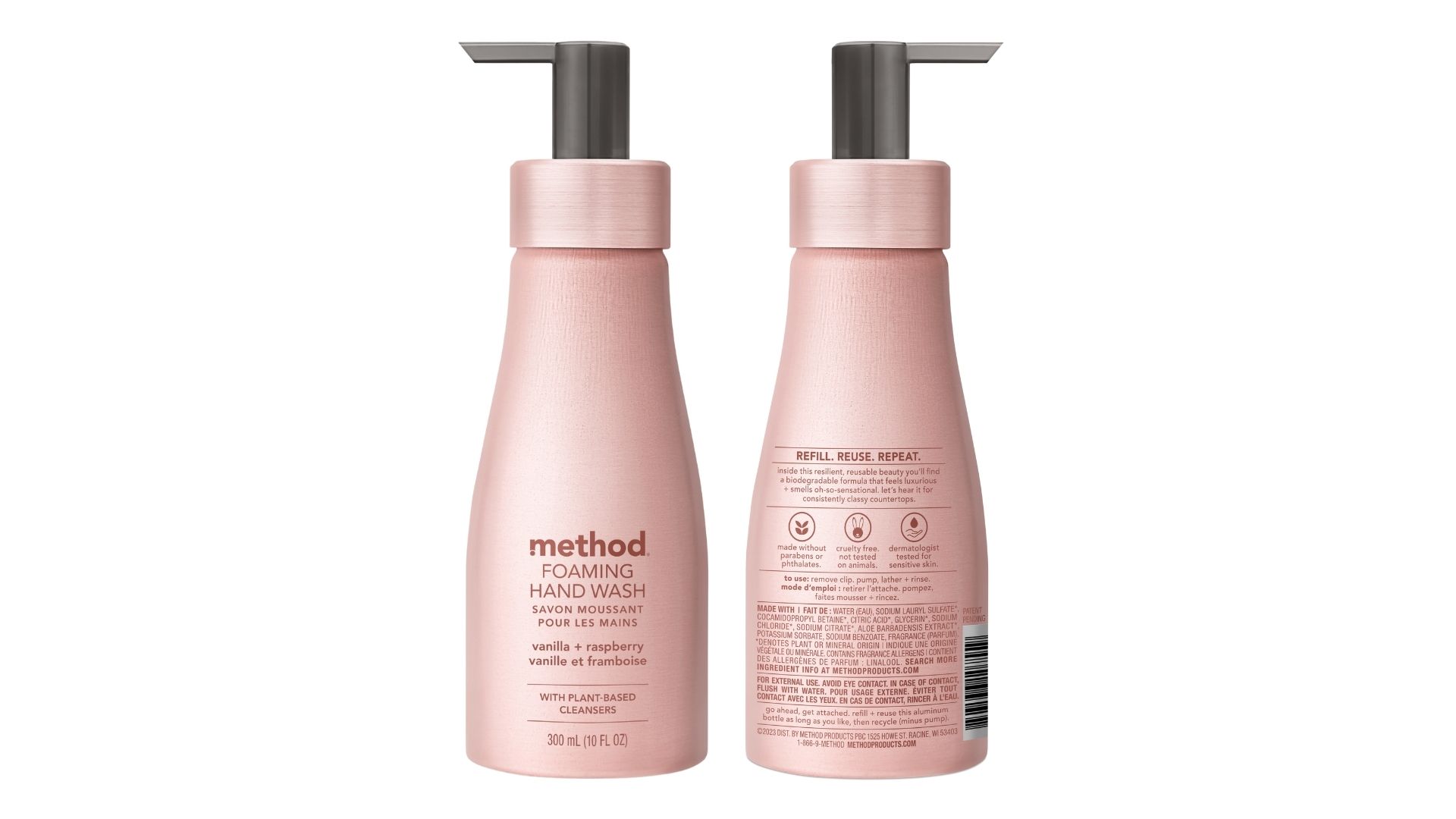
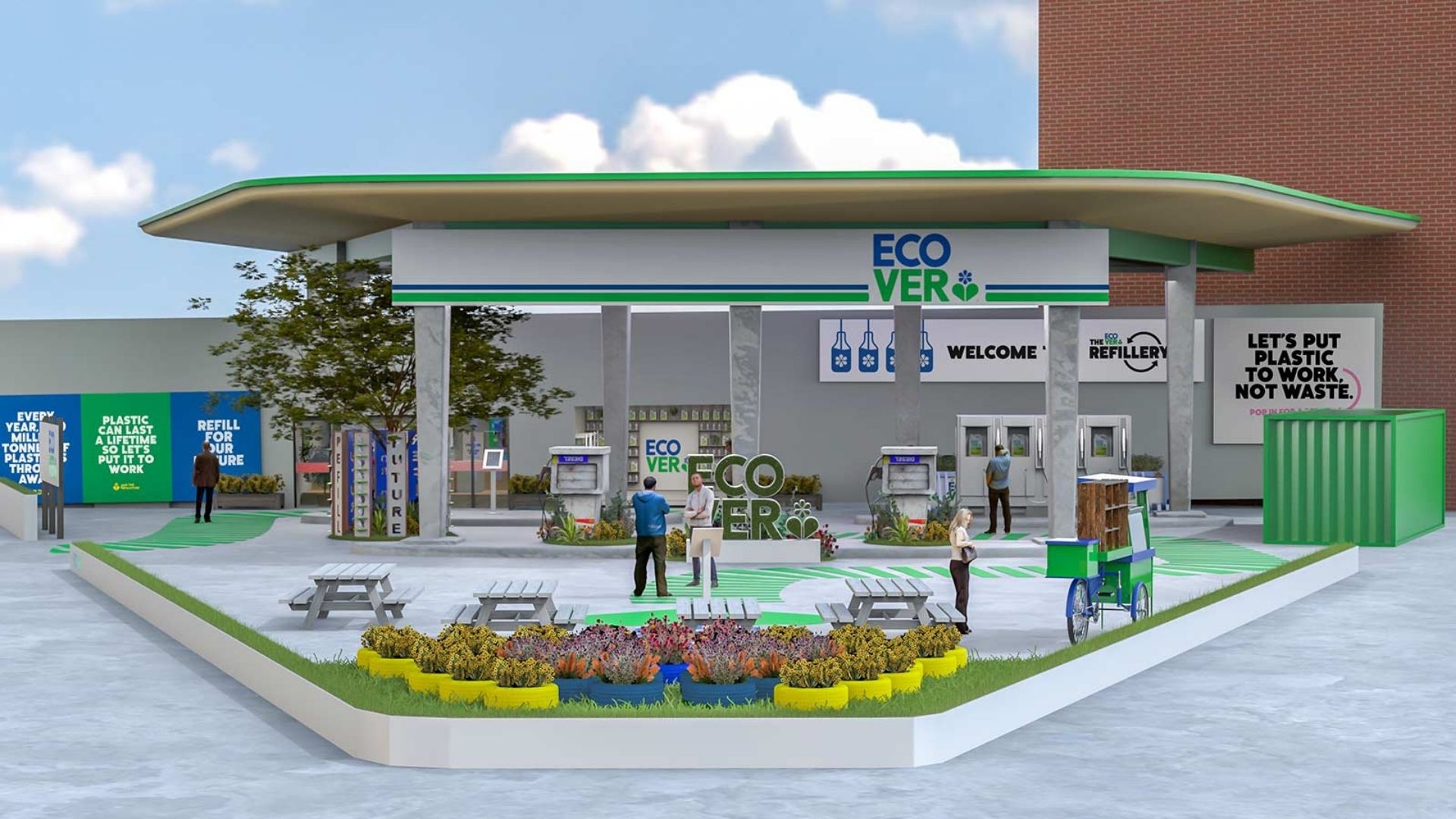
How you can get involved
Make a commitment to switch one thing in your life to help reduce plastic consumption
Whether it's using a reusable water bottle, buying products made from recycled materials or opting for cloth bags instead of plastic ones, every action counts because when many individuals take action, it can add up to significant change. It can inspire others to take action and spark demand for more sustainable products and packaging. Together, we can raise awareness, educate others and make a difference.
Share your desire to see positive change
While there is a growing consensus on the need to address the plastic waste crisis, change starts with actions and accountability.
Initiatives & Advocacy
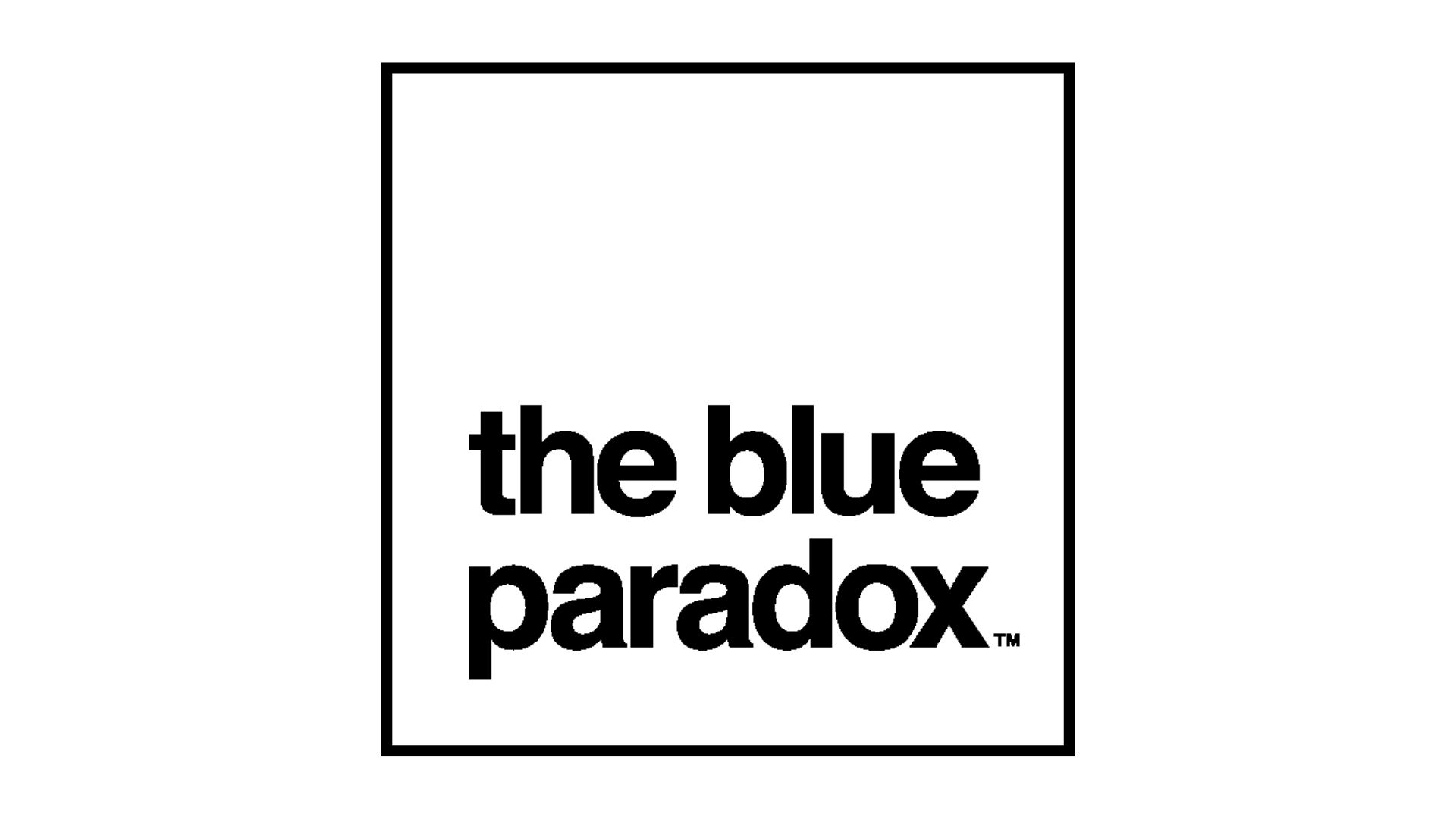
Blue Paradox
The immersive experience includes 360-degree digital projections that invite the public to walk beneath the ocean’s surface and explore the impact plastic waste has on our planet’s most valuable natural resource.
See More Click To Flip the Card
Plastic Bank
SC Johnson collaborates with Plastic Bank on solutions to reduce the global crisis of ocean plastic by helping increase recycling rates and address the challenges of poverty in impoverished communities.
